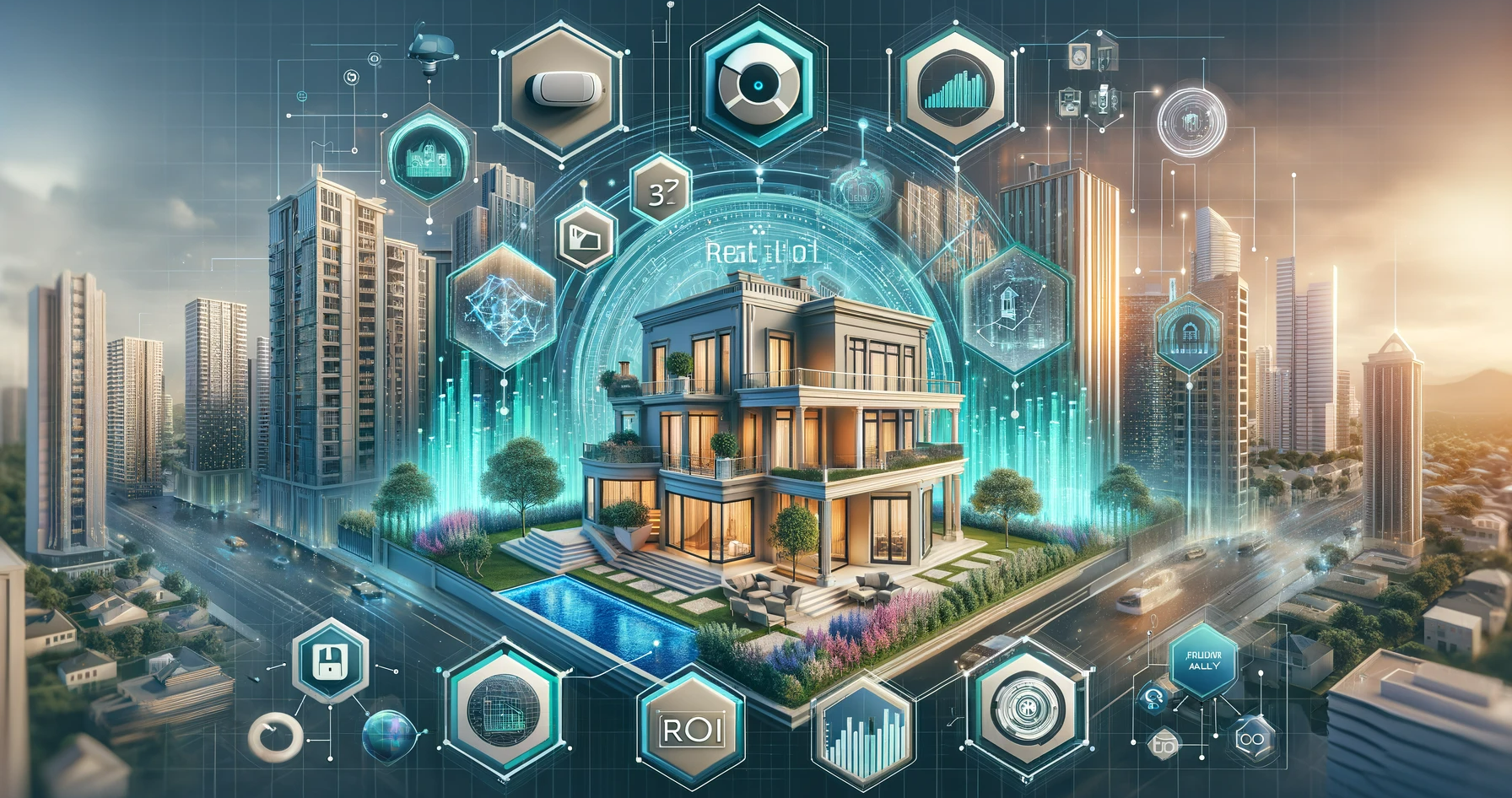In an industry as varied as real estate, the intersection of marketing and technology presents a fertile ground for innovation and financial success. This article explores sophisticated marketing tactics tailored to various real estate sectors and income levels, underlining the importance of data-driven strategies and technological integration.
1. Segment-Specific Marketing Strategies
- High-End Residential Properties: Here, marketing strategies should focus on exclusivity and luxury branding. Tactics might include high-quality video productions, 3D virtual tours using VR technology, and targeted social media campaigns using advanced demographic targeting to reach affluent audiences.
- Commercial Real Estate: Effective marketing requires highlighting the commercial viability and potential profitability of properties. This could involve creating detailed market analysis reports, ROI projections, and leveraging platforms like LoopNet or CoStar for targeted exposure.
- Retail and Industrial Real Estate: For these sectors, the focus is on utility, accessibility, and economic prospects. Utilizing drone technology for aerial site surveys, creating detailed logistic accessibility maps, and using augmented reality for virtual fit-outs can be highly effective.
2. Income Bracket-Specific Tactics
- Upper-Income Markets: Personalization is crucial. Implementing CRM systems to manage client relationships, using data analytics to tailor property suggestions, and hosting invitation-only events with high-profile guest speakers or exclusive previews can be effective.
- Middle-Income Markets: Digital marketing is vital. SEO optimization, pay-per-click advertising, and email marketing campaigns with segmentation and A/B testing are essential tools. Engaging content marketing through blogs or podcasts can also enhance visibility and credibility.
- Low-Income and Affordable Housing Markets: Community engagement is key. Initiatives might include partnerships with local nonprofits, hosting first-time homebuyer workshops, and employing geo-targeting strategies to reach potential local buyers.
3. Advanced Technology Integration
- Virtual and Augmented Reality: These technologies offer immersive experiences for clients, from virtual staging to 3D walkthroughs of properties, providing a realistic sense of space and potential.
- Artificial Intelligence and Machine Learning: AI can be used for predictive analytics to identify emerging market trends, automate client interactions through chatbots, and personalize marketing content based on user behavior.
- Blockchain Technology: Emerging use of blockchain in real estate for secure and transparent transactions can also be a marketing point, especially for properties dealing with international clients.
4. Detailed Case Studies
- Case Study 1: A real estate firm specializing in luxury properties implemented a campaign using 360-degree video tours and an AI-based recommendation engine, resulting in a 40% increase in high-quality leads.
- Case Study 2: A commercial real estate company utilized big data analytics to create targeted marketing campaigns for potential investors, showcasing demographic trends and economic data, leading to a 25% increase in investment inquiries.
Real estate marketing in the modern era demands a sophisticated blend of industry knowledge, technological savvy, and creative strategy. By harnessing the power of advanced marketing tools and technologies, real estate professionals can significantly enhance their market presence and profitability.
Key Technical Takeaways
- Adopt cutting-edge technologies like VR, AR, and AI for enhanced marketing experiences.
- Utilize data analytics for targeted marketing and understanding consumer behavior.
- Embrace digital transformation for a competitive edge in various real estate segments.
